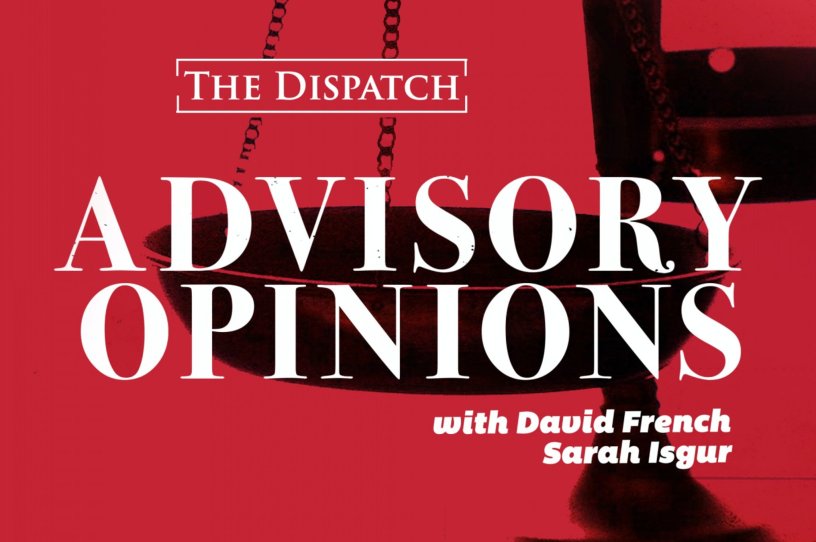Death Penalty Distortion

The Supreme Court on Thursday granted Alabama death row inmate Willie Smith’s request to have his pastor present at his execution, rejecting the state’s claim that having a spiritual adviser present interferes with prison security. Tune in to hear how the Supreme Court’s religious liberty ruling in Dunn v. Smith might affect future death penalty cases. On today’s episode, our hosts also chat about Yuval Levin’s latest piece in National Review on the sorry state of Congress and the New York Times’ 2020 Hulu documentary about Britney Spears.
Show Notes:
–Dunn v. Smith, federal Religious Land Use and Institutionalized Persons Act, and “Bong Hits 4 Jesus” case Morse v. Frederick.
-“Congress’s Day” by Yuval Levin in National Review and “Transcript: Ezra Klein Interviews Yuval Levin About the Future of the Republican Party” in the New York Times.
–Framing Britney Spears Hulu documentary.